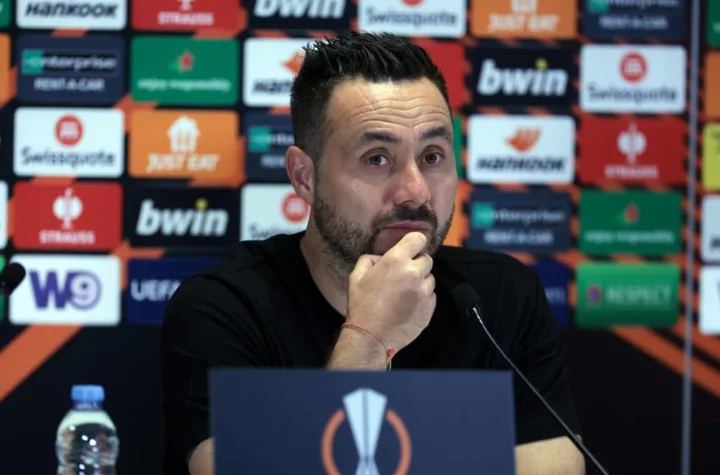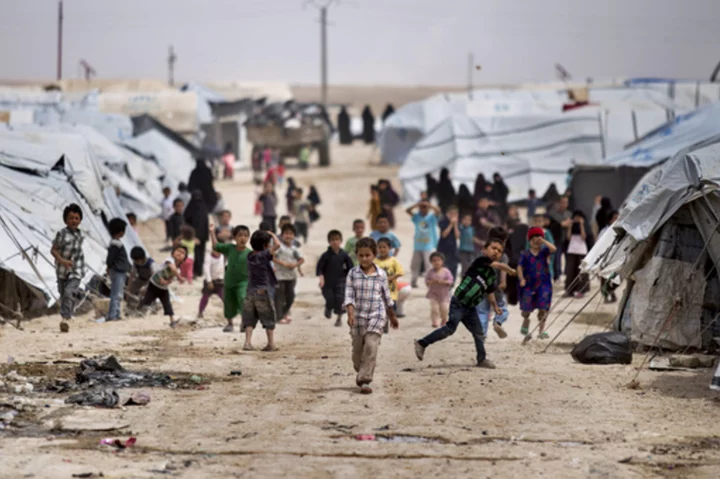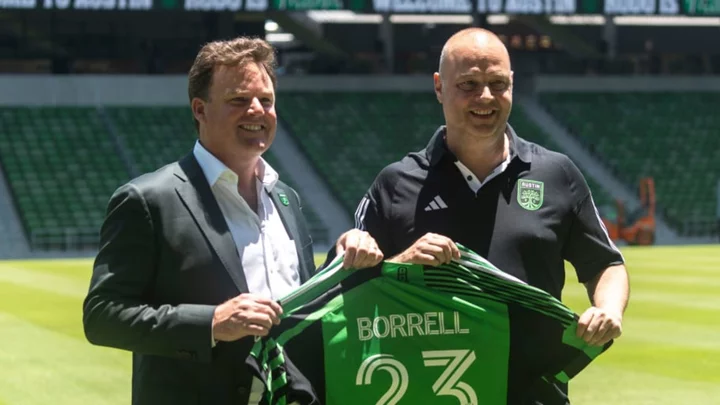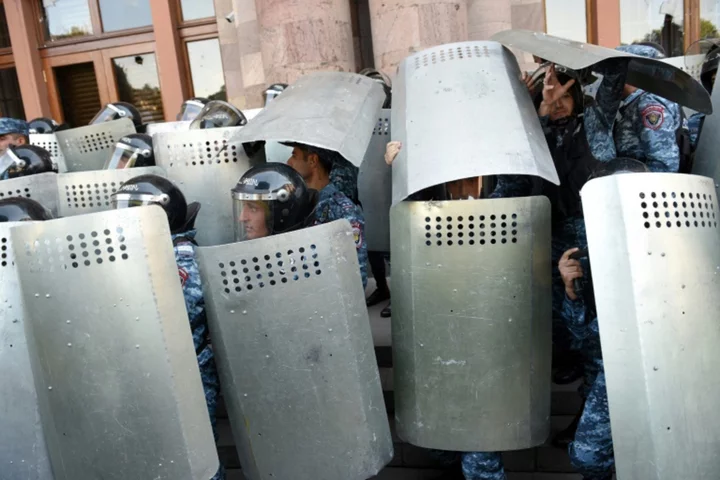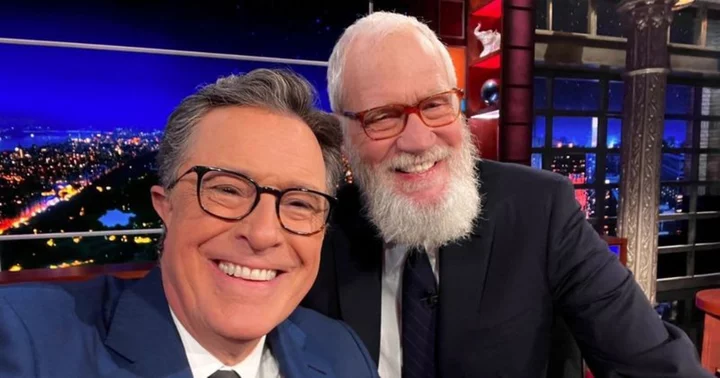Kosovo's interior minister on Monday said at least six suspected assailants accused of participating in deadly clashes in northern Kosovo on Sunday were now in Serbia and receiving treatment at a hospital.
The accusation came a day after the killing of a police officer during an ambush and an ensuing firefight at a monastery near the border with Serbia marked one of the gravest escalations in Kosovo for years.
"Six wounded terrorists are being treated in the hospital of Novi Pazar and we ask Serbia to immediately hand them over to the Kosovo authorities, so they can face justice," interior minister Xhelal Svecla told reporters, referring to a city in southern Serbia.
Earlier Monday, Kosovo's Prime Minister Albin Kurti said a police operation was ongoing.
The site of the firefight was sealed as investigators sifted through evidence following a late-night gun battle that saw the standoff end when authorities stormed the monastery in the village of Banjska.
"Many things will be resolved during the investigations," Kurti told Manuel Sarrazin, the German envoy for the Western Balkans, during a meeting on Monday.
The chaotic confrontation began when a police patrol was ambushed near Banjska early on Sunday, leaving one Kosovo law enforcement officer dead and another wounded.
The gunmen fled to a nearby monastery, where they barricaded themselves in and traded gunfire with Kosovo police for hours. At least four assailants were killed in the melee.
Earlier on Monday, Svecla said authorities had already recovered "an exceptionally large number of heavy weapons, anti-infantry weapons, explosives, uniforms, logistics, food reserves and equipment for barricades.
"We can easily say that the equipment was destined for several hundred other assailants," Svecla added.
- 'Very, very tense' -
In the capital, Pristina, flags flew at half-mast during an official day of mourning to honour police officer Afrim Bunjaku, killed Sunday.
Questions remained, however, hours after the standoff ended. Just a handful of alleged suspects were arrested by Kosovo authorities during the clearance operation.
Asked if any assailants managed to escape from the Banjska monastery, Svecla said an "operation" was ongoing but offered no more details.
On Sunday, Kurti said at least 30 heavily armed and uniformed men had barricaded themselves in at the monastery, which was "surrounded" by police.
Newspapers in Serbia on Monday quoted comments Serbian President Aleksandar Vucic made late Sunday, denying involvement in the clashes and blaming the incident on the government in Pristina.
On Monday, Vucic met Russia's ambassador to Serbia Alexander Bocan Harchenko in Belgrade, as the Kremlin warned of a "very, very tense and potentially dangerous" situation.
"The fact that provocations are very often organised against Serbs is not a secret to anyone," Kremlin spokesman Dmitry Peskov said.
US Secretary of State Antony Blinken called on Kosovo and Serbia to avoid any actions or language that could further inflame the situation.
"The perpetrators of this crime must be held accountable via a transparent investigative process," Blinken said.
- Escalation -
The attack came more than a week after talks between the leaders of Serbia and Kosovo on improving ties failed to make a breakthrough during EU-mediated negotiations in Brussels.
Tensions in the troubled north of Kosovo have been smouldering for months, following the Pristina government's decision in May to install ethnic Albanian mayors in four Serb-majority municipalities there.
The move triggered one of the worst bouts of unrest in the north in years.
Demonstrations followed, as well as the arrest by Serbia of three Kosovar police officers and a riot by Serb protesters which saw more than 30 NATO peacekeepers injured.
The clash in the north is just the latest incident to rock the area since Kosovo declared independence from Serbia in 2008.
Belgrade -- and key allies China and Russia -- have refused to recognise Kosovo's independence.
ih-ds/cw


